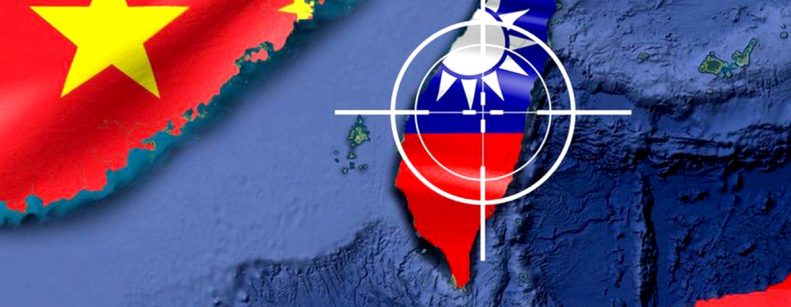
The world's attention today is focused on the conflict in Ukraine. But there is another conflict with great destabilizing potential that we must not forget. It is Taiwan, the big international issue that took a back seat with the Russian invasion.
To learn more about the origins of this conflict and understand its possible implications, FYNSA organized a webinar with Magdalena Guzmán, journalist and Master in Political Science at the Pontificia Universidad Católica de Chile.
What is Taiwan? For the Taiwanese, it is a state in conflict with China, which is trying to insert itself into the world as an independent state. But China considers it a rogue province, Magdalena explained.
When did this controversy arise? In the 20th century, after the disappearance of a 2,000-year-old empire that was considered the Center of the World and its replacement by the Republic of China, the country becomes a no man's land. The civil war between the Kuomintang nationalists and the communists is key to this conflict. The communist victory led the Nationalists to take refuge in Taiwan in 1949, with the idea of unifying with mainland China. Thus the Republic of China and the People's Republic of China were born.
The relationship between the two went through an intense competition for international recognition framed by the Cold War. In the 1970s, the U.S. began to move closer to Mao's China in an attempt to balance the poles of the communist world and decreased its support for Taiwan.
The US approved China's entry into the UN Security Council and in 1979 relations with the People's Republic were made official, which became emboldened and demanded that whoever wanted to have relations with it had to recognize only one China. Thus, in the 1980s, many countries ceased to recognize Taiwan.
Deng Xiaoping, Mao's successor, put forward the idea of "One country, two systems", to regain the territories of Hong Kong and Macao. This concept is what China has tried to offer Taiwan.
The current Chinese President Xi Jinping wants to lead China's third great revolution, after those of Mao and Deng. To this end, the unification of Taiwan is a central issue.
Taiwan, seeing what happened with Hong Kong, says it will never accept the concept of "One country, two systems". But neither does it talk about independence, because it knows it is a cause of war. What Taiwan wants is to maintain the status quo.
What will happen? China is willing to go to great lengths to regain Taiwan, Magdalena stressed. We are talking about a confrontation that would have major repercussions: more than half of the world's GDP and half of the population is located in that area.
"The conflict has to be unlocked somehow, because China wants it to be," Magdalena pointed out. However, it is not possible to know how.
Relive the full day HERE